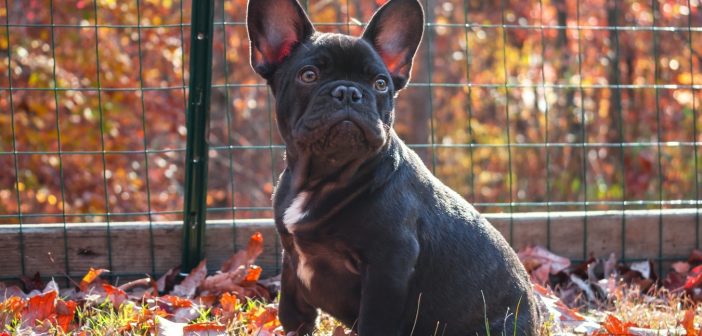The family garden must be a fun, safe haven for everyone, and that includes your new puppy. Many regular garden products can be toxic and, in some cases, fatal to dogs. Slug pellets are particularly poisonous as well as numerous weed killers, that’s why it’s crucial to read the instructions carefully and keeping those products out of reach of your pet. If he happens to come in contact with something dangerous or you, have an inkling that he has, call your veterinarian immediately. Have a look at these useful tips on ensuring your garden is a safe place for your dog.
- Getting To Know Your Pet’s Requirements
Every canine breed has unique personalities and needs. Athletic dogs like Boxers, Dalmatians, and border collies, will require a lot of exercising and ample space. Your more laid-back breeds like English bulldogs, French bulldogs, and pugs are perfectly happy in a smaller garden.
- Provide Plenty Of Shade
Dogs tend to get hot very quickly when they stay outside, so make sure that there is plenty of shady spots where they can lie down and cool down.
- Fencing
Keep your furry children safe by fencing off your yard. If you are erecting a perimeter fence, you’ll need to think about the breed of dog to make sure the fence is not too low for them not to jump over. Temporary fencing can assist with protecting recently planted flower beds.
- Steering Clear From Bare Soil
Flower beds who have large areas of uncovered soil is an open invitation for dogs and cats to start digging. Check out this article on Fuzzy Rescue on why dogs love to bury their bones. Always plant group clusters of greenery, towering trees, and shrubs together, and cover the bare soil with resilient groundcovers.
- Beware Of Poisonous Plants
Several plant varieties are toxic to your pets if consumed. Avoid planting oleander, lilies, tulips and are infamous for causing gastrointestinal and kidney damage together with a list of other side effects. Some plants are fatal. If your puppy is prone to rooting out bulbs and chewing on them, you need to intervene since they are toxic. Common toxic plant species include foxglove, ivy, wisteria, primrose, yew, sweet peas, laburuheum, poppy, lupin, and chrysanthemum. Also, take out thorny plants which may cause injury.
- Providing Entertainment
It’s a great idea to choose a specific zone in the garden for your pets. You can hang balls from tree branches and make a sandpit with a few chewable toys in it. Diggers particularly will love this, since now they have their own area to bury bones or dig to their heart’s content, without getting in trouble.
- Stashing Away Garden Tools
If your puppy enjoys playing in the garden, avoid leaving tools that have sharp blades or points lying about since your puppy can get severely injured if he steps on them. Never use a strimmer or lawnmower when he is in the vicinity as he can get badly hurt.




